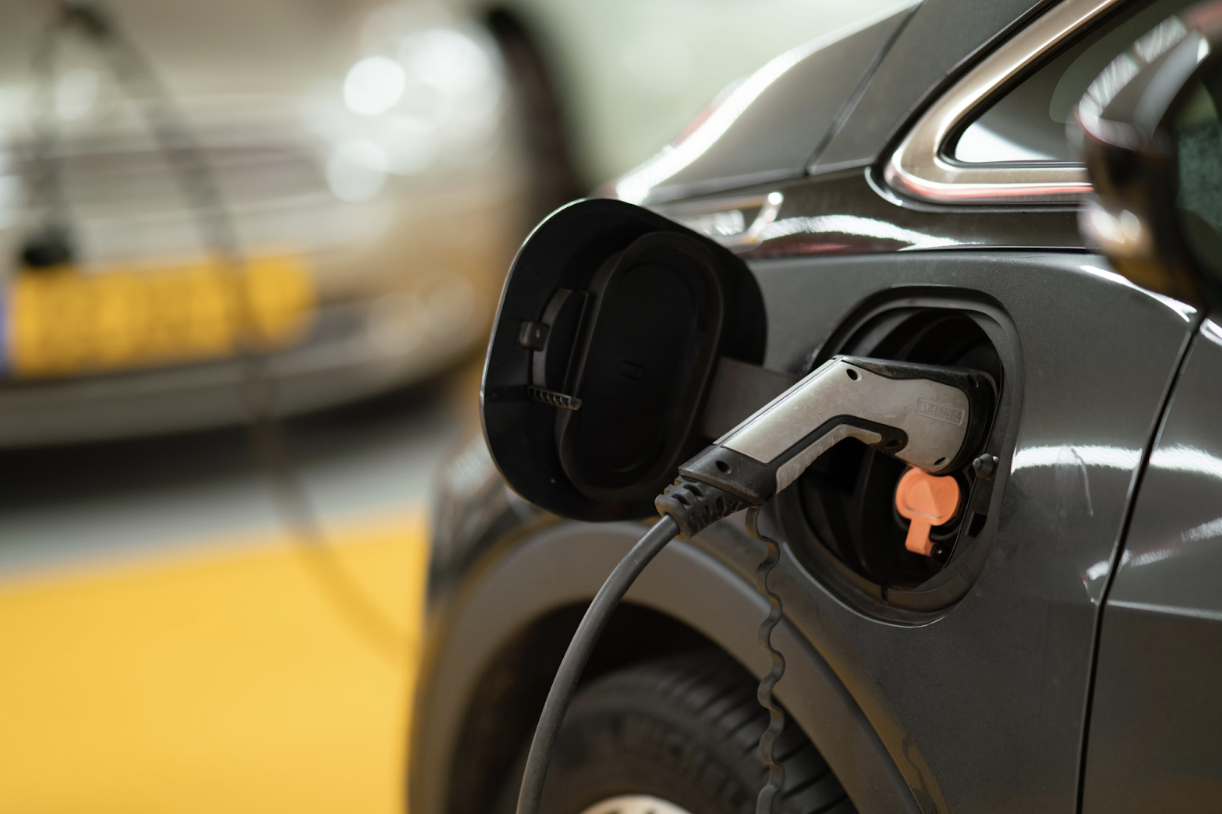
Sustainable Parking: Electric Vehicle Charging Infrastructures
Electric vehicle usage continues to rise with more people than ever opting for the sustainable driving option. Sales of electric vehicles increased by 3.5 million in 2023, compared to the previous years, which is a 35% year-on-year growth. This looks to continue to rise, which makes for an interesting time for vehicle manufacturers who are looking for the next trends in car purchasing.
The growth of electric vehicles has increased the need for more electric vehicle charging bays on streets and car parks to help motorists keep their cars topped up on battery. There are around 20,000 car parks located in the UK alone, with only a small percentage of these currently having electric vehicle charging stations. However, some car park companies have made updates to their offerings in favour of electric vehicles.
As the upward trend for sustainable parking proceeds, motorists will need to learn more about electric vehicle charging infrastructures. We will explore these developments throughout this guide.
The Benefits of Electric Vehicle Charging
There are numerous advantages to having electric vehicle charging stations in car parks for both motorists and business owners. Let’s explore some of these:
Promotes Sustainability
The UK plans to reach net zero emissions by 2050. This means that a push for a sustainable lifestyle is well underway and electric vehicles are a big step towards this goal. Having charging bays in a car park will help further promote sustainability, as these bays are likely to replace the standard ones.
More people that are made aware of electric vehicles and their benefits can make people more aware of the zero emission goal that has been targeted.
Cost-Effective
Motorists are on a constant lookout for cost-effective solutions to driving, as buying and insuring a car, conducting maintenance and fuel costs can be very expensive. Having an electric vehicle gives you parking bays to stay in to charge your vehicle. Electric vehicle charging only bays are located all around major city car parks throughout the UK to aid with this.
Eliminating the need for refuelling your car by using an EV charging station can significantly reduce your cost expenditure. This will especially be the case in the future as fuel costs continue to rise exponentially.
Enhances User Experience
Technological advancements have made electric vehicle charging bays in car parks a much better user experience. For example, smart grid technology has been incorporated into a lot of these bays to optimise charging times and costs based on electricity demand. They also have digital payment systems and automated parking management to streamline the process and eliminate the need to carry change like we do for pay and display car parks.
The mobile apps that are available allow electric vehicle users to easily locate charging stations in car parks and other locations. This enhances the motorist’s experience by helping them with where they need to park.
Encourages Further Electric Vehicle Usage
The more electric vehicle charging bays found in car parks, the higher the chance that others will adopt electric vehicle usage and purchase one for themself. A lot of motorists are afraid to make the jump to sustainable driving, as it’s something they’re not used to and it’s not seen that often at this moment in time. However, as more car parks have the electric charging infrastructure it will make it more normalised.
Having these infrastructures spaced throughout a country can help with long-distance travel, making electric vehicles more attractive. A decade ago, this didn’t seem as feasible.
Generates Revenue
While the benefits to the environment and motorists are more apparent, there are also advantages for businesses in having more electric charging stations. Car park owners can delve into this new revenue stream by incorporating these stations and asking for a fee from motorists to use them. While this won’t be of benefit to electric vehicle drivers, every business needs to make money to stay afloat which means taking advantage of trends or the increased popularity of amenities.
This will generate an additional income stream that goes beyond parking fees, which will diversify revenue sources and contribute to healthy business growth. Also, motorists are more likely to pay for access to new parking technologies compared to older versions of parking.
Examples of Sustainable Car Parks
Victoria Leeds
The Victoria Car Park in Leeds is open 24 hours a day, 7 days a week and has 805 parking spaces throughout the complex. It has undergone renovations over the past few years to enhance the experience of motorists and provide better all round parking options. As well as family spaces and disabled motorist parking spaces, it also has 16 electric vehicle charging bays. This number is set to increase throughout the next few years.
Brisbane Airport
Work is set to start on a sustainable car park expansion at Brisbane Airport in Australia, as part of the ongoing $5 billion Future BNE transformation. There will be 1,700 additional parking spaces for motorists, which will address capacity issues that are most apparent during peak holiday seasons. Solar panels are the main focus of this sustainability push, but there has also been talk of incorporating electric vehicle charging stations too. The Aussie project is set to be completed by mid-2025. More artificial grass in Brisbane at the airport would also be advised as an eco-friendly alternative!
Warrington Multi-Storey Car Park
The electric vehicle charging bays in the Time Square Car Park in Warrington’s town centre will now be run by Zest. They will provide 56 electric charging stations to the complex that have 7kW charging power. Some rapid bays will also be installed for a much faster charging experience. Warrington is just one of the many places in the UK looking to increase their sustainability with an eco-friendly approach.
The Future of Electric Vehicle Charging Bays
The current electric vehicle charging infrastructure has made huge strides over the past decade with more updated technology. However, what does the future look like? Some future advancements could happen to enhance these bays further:
- Smart Charging Networks: Artificial intelligence continues to be used throughout many industries, so it’s only a matter of time before it reaches the electric vehicle parking industry. It can help optimise charging times, improve grid load management and enable vehicle-to-grid technology.
- Wireless Charging: Devices like mobile phones and electric toothbrushes are now able to be charged wirelessly. In the future, electric vehicles could be placed over a charging pad, eliminating the need for cables. This could also lead to an increase in parking bays.
They will also be strategically located in more convenient places like shopping centres, workplaces and public spaces. These will also incorporate more renewable energy sources to help reach a sustainable future.


